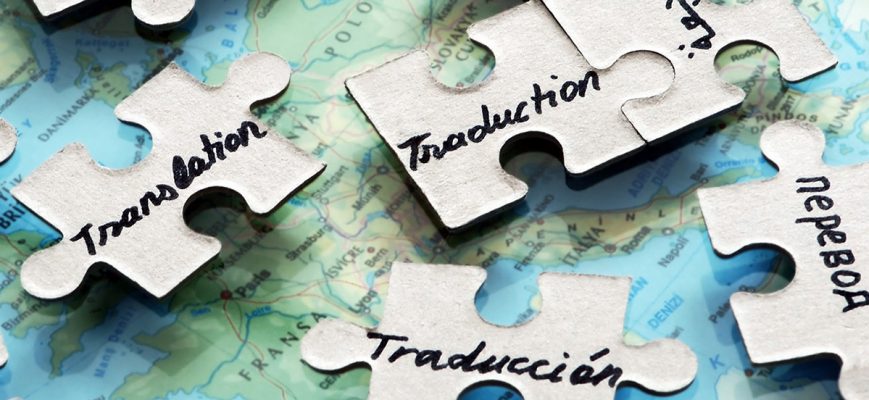Discover Translation was born from the European Day of Languages. You may have missed it, but September 26 was the European Day of Languages. The Day was launched by the Council of Europe in 2001, and is now jointly organised by the Council and the EU Commission.
The goals of the European Day of Languages are to highlight the importance of language learning and language diversity in order to increase plurilingualism and intercultural understanding; to promote the rich linguistic and cultural diversity of Europe, and to encourage life long language learning.
Every year, this day is accompanied by multiple events across Europe: language classes, conferences, webinars, TV and radio programs, and other events for adults, teens and children.
This year, one of the initiatives launched shortly before the European Day of Languages, by the European Commission, is #DiscoverTranslation.
What is Discover Translation?
The EU Commission launched #DiscoverTranslation in September 2020. The goal of this campaign is to promote the translation profession and to emphasize the crucial importance translation plays in modern life.
To accompany the campaign launch, the Commission published several informational statements, demonstrating what the world without translation could be like! They tried to dispel common myths about translation, and provide information about machine translation, language technologies, and skills and professions in the language industry.
Why we take translation for granted
When we regularly come across a product or service in our daily life, especially in a not very obvious or indirect way, we tend to pay little attention to it no matter how we benefit from it. We take it for granted, until it disappears or malfunctions in some way.
Something like that happens with translation. Not many people regularly order translation services directly, but we all benefit from the work of translators. We watch foreign movies in our native language, read food and medicine labels, or book trips abroad without even thinking that somebody must have translated that.
The importance of translation

Without translation, very little interaction between speakers of different languages would be possible. Trade between different countries would become much more complicated, and the world economy would slow down.
Translation makes it possible for people from all over the world to exchange information in different branches of science, medicine, sport, business, politics, and much more. Experts share their achievements, analysis, and research, thus all together contributing to global development and progress. Without translation, progress would be slower, as information exchange would become much harder.
The world would also be less fun without translation. Nowadays, we can enjoy movies and TV shows, books, computer games from practically anywhere in the world. Notably, all the bestsellers are usually promptly translated into multiple languages.
But don’t machines translate everything now?
Why not use Google Translate, DeepL, or a similar service? Won’t they replace human translators soon, anyway?
No, they won’t. Translation is not only absolutely essential — it is also incredibly complex. Although machine translation has improved greatly over the last few years, machines still cannot do many of the things humans can, or do them very poorly. For example, translating idiomatic expressions and slang, understand the surrounding non-verbal context, subtext, irony, or sarcasm. Machines cannot react to people’s cultural background and expectations, and so on.
Machine translation is a great helpful tool but it is by no means a replacement for experienced human translators.
Final Thoughts
Discover Translation is a great initiative aimed to promote an essential but often overlooked profession. It is a profession that makes many businesses possible and, in a way, contributes to global progress.
In further articles, we will discuss translation in more detail — stay tuned!

